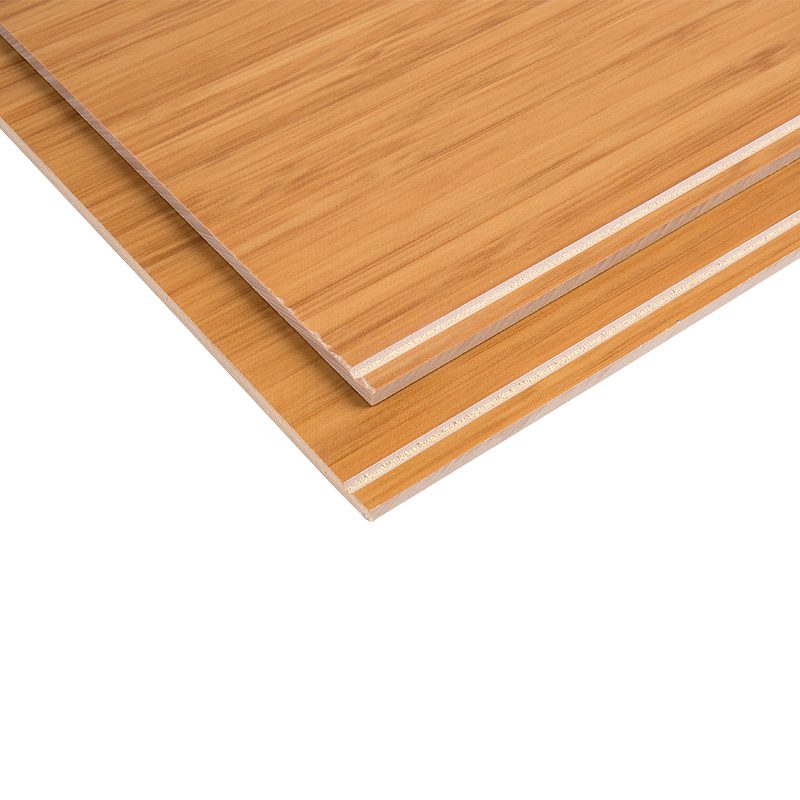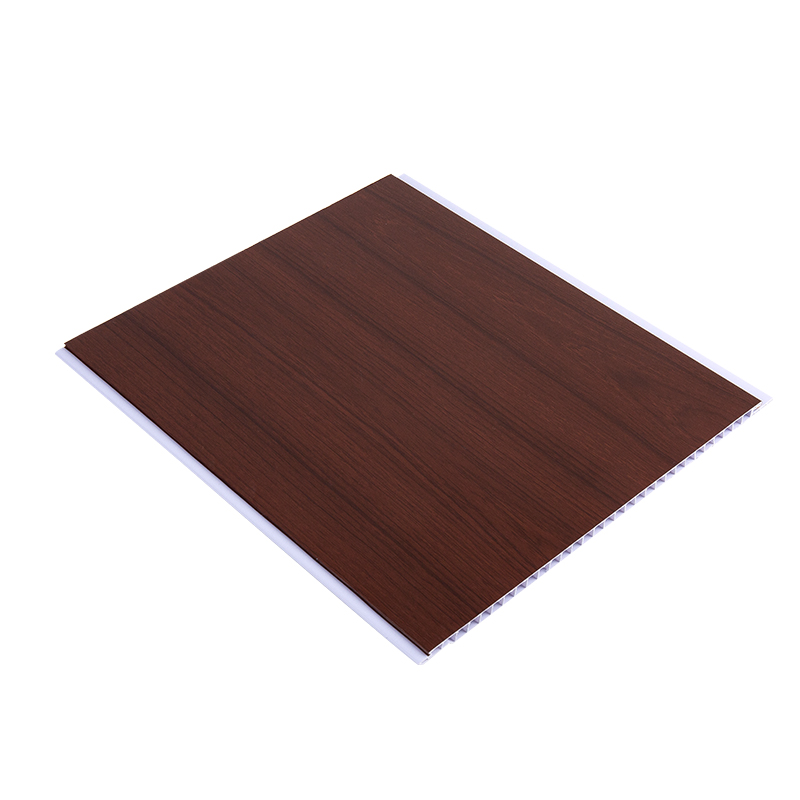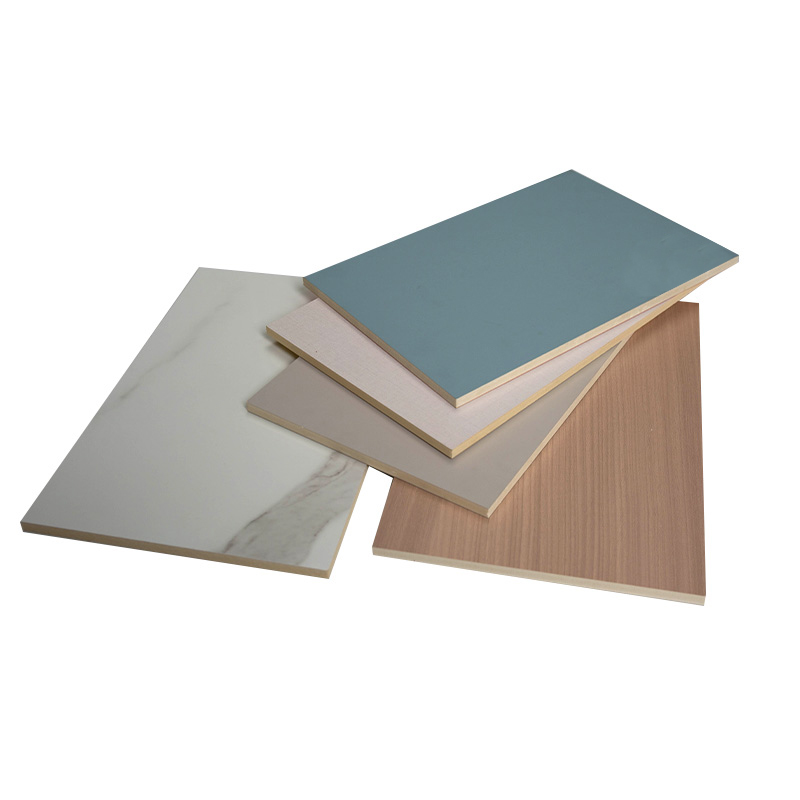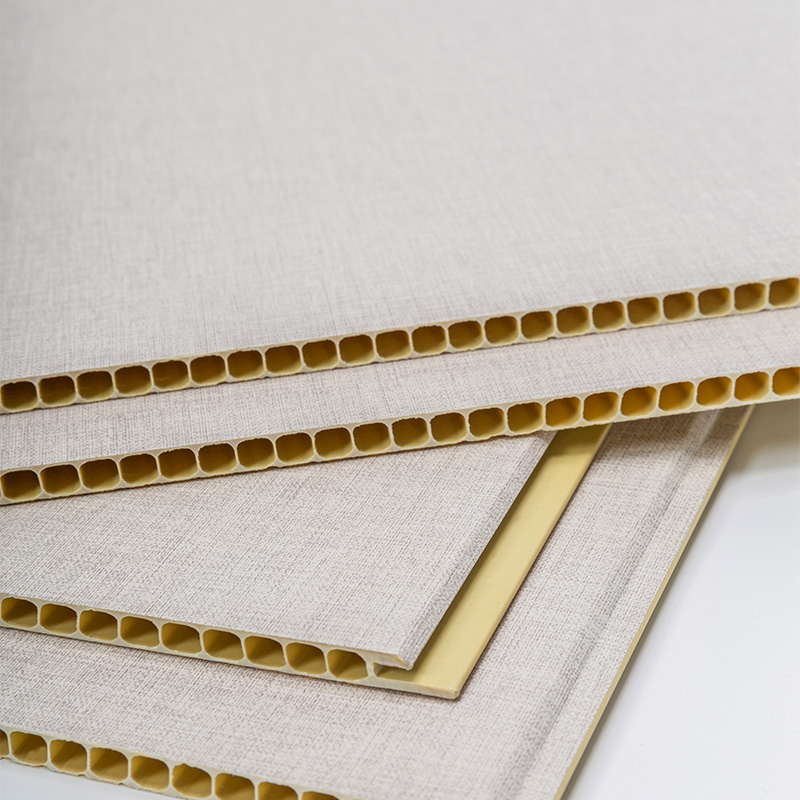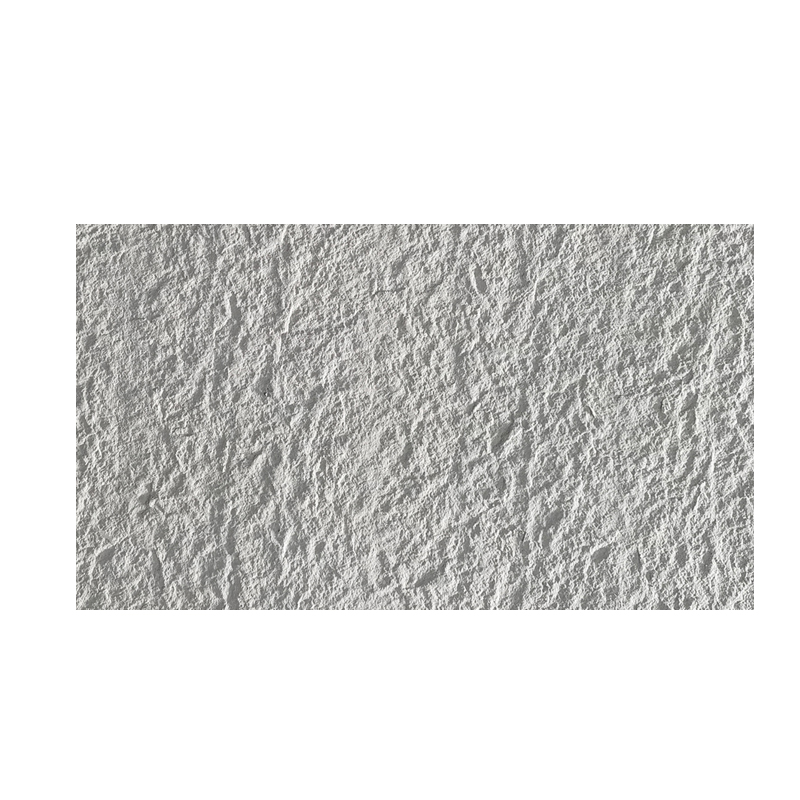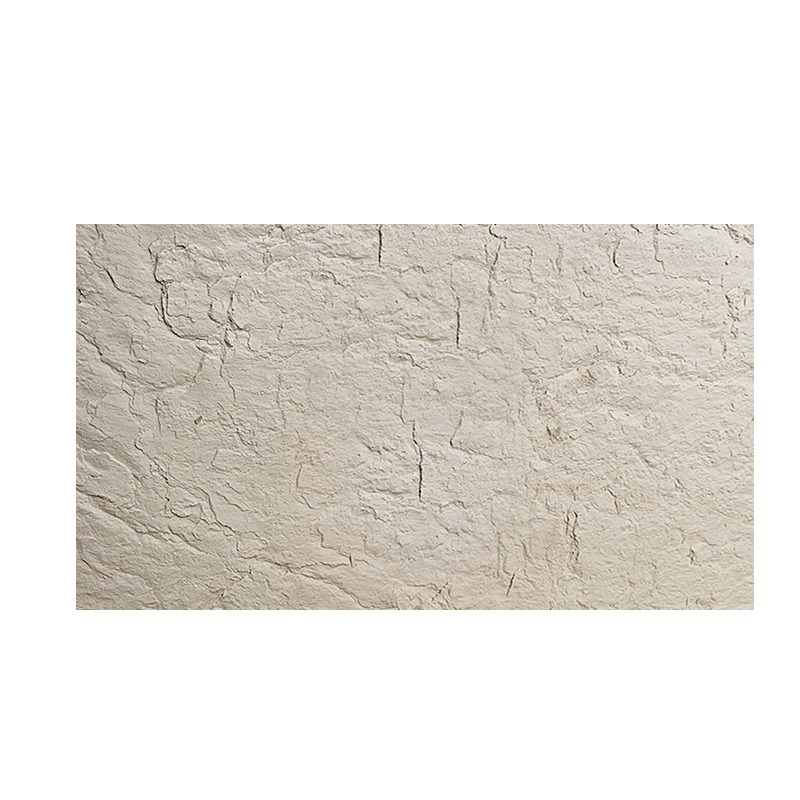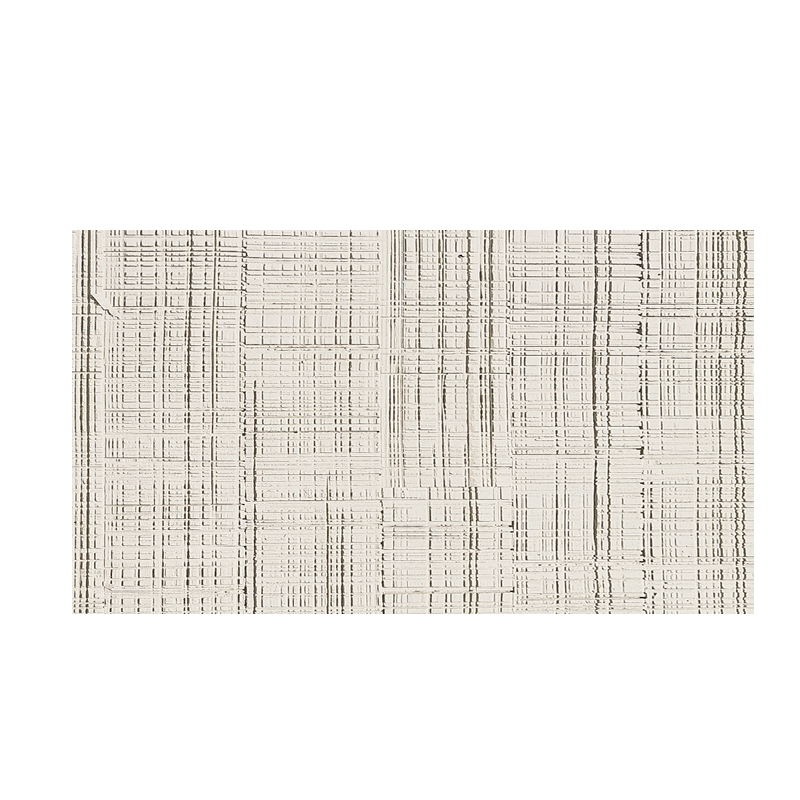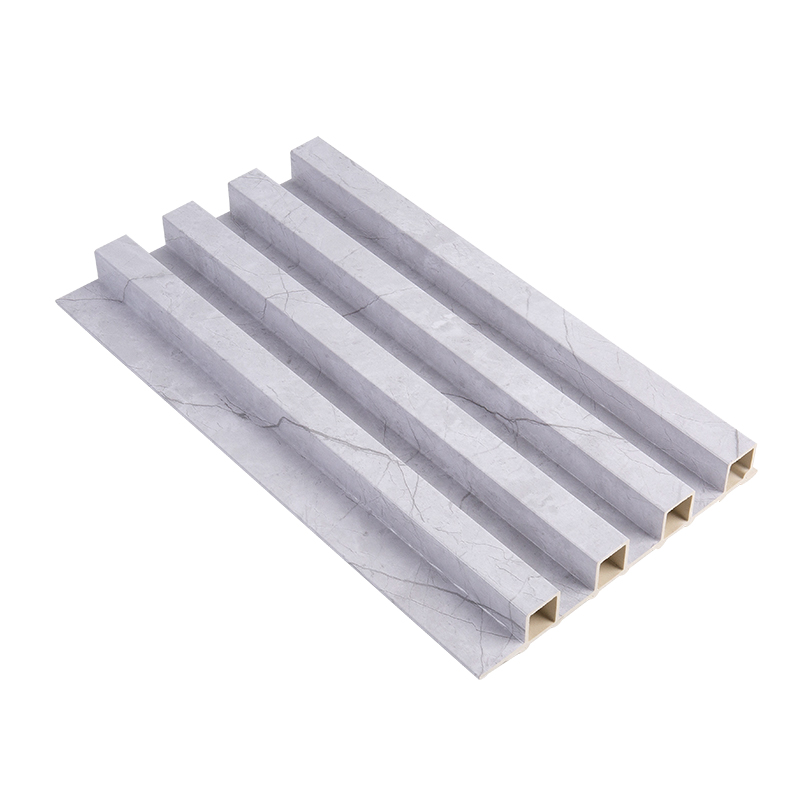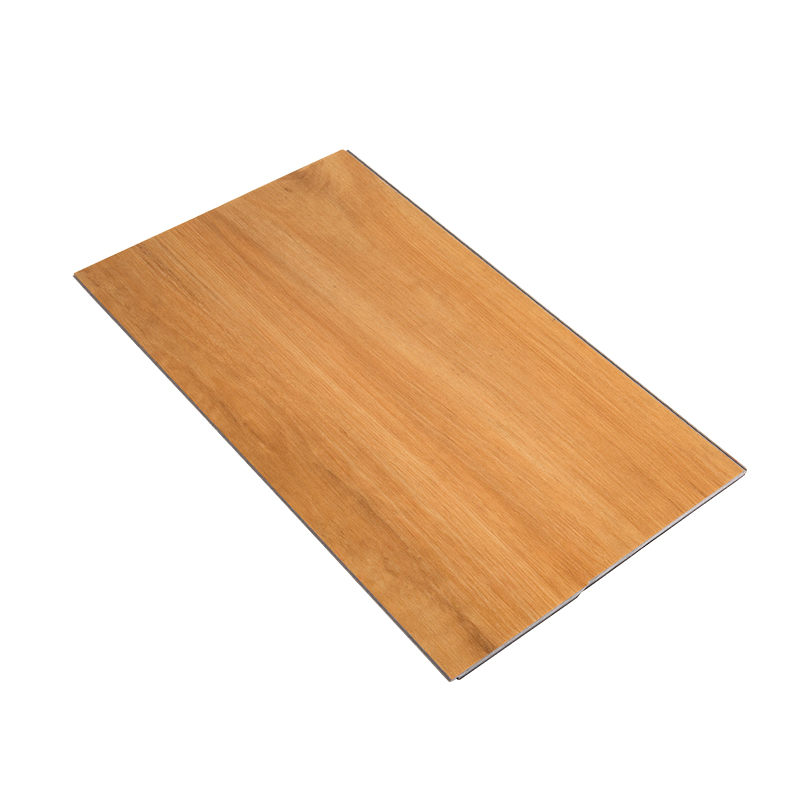+86-18367343973
A Comparative Analysis with SPC Wall Panels and Curved Wood Wall Panels
In modern architectural design, there is a growing demand for environmentally friendly, durable, and aesthetically pleasing wall materials. Wood Plastic Composite (WPC) Board, SPC Wall Panel (Stone Plastic Composite), and Curved Wood Wall Panel are three popular choices. This article will focus on WPC, analyze its characteristics, and compare it with the other two materials.
Interior Decoration Wall Covering Modern Spc Panels YXSPC604
1. Key Advantages of Wood Plastic Composite (WPC) Board
WPC is an eco-friendly building material made from wood fibers and thermoplastics (such as PE, PP, or PVC), combining the natural texture of wood with the weather resistance of plastic.
Key Parameters and Features
| Feature | WPC Board | SPC Wall Panel | Curved Wood Wall Panel |
|---|---|---|---|
| Main Composition | Wood flour + plastic (e.g., PE/PVC) | Stone powder + PVC resin | Natural or engineered wood |
| Eco-Friendliness | Recyclable, low formaldehyde | Formaldehyde-free, but non-biodegradable | Depends on natural wood (potential deforestation concerns) |
| Water Resistance | Excellent (water absorption <0.5%) | Superior (fully waterproof) | Poor (requires additional treatment) |
| Fire Rating | B1 (flame-retardant) | A2 (higher fire resistance) | B2 (standard wood, flammable) |
| Installation Method | Click-lock or frame mounting | Interlocking system | Requires professional carpentry |
| Ideal Applications | Outdoor flooring, walls, ceilings | High-moisture areas (kitchens, bathrooms) | Premium interiors, curved designs |
| Price (per ㎡) | Mid-range ($12–30) | Budget-friendly ($9–22) | High-end ($30–75+) |
2. WPC vs. SPC Wall Panel: Balancing Water Resistance and Cost
WPC is better suited for applications requiring a natural wood appearance and outdoor durability (e.g., balconies, patios).
SPC, being fully waterproof and more fire-resistant, is ideal for wet areas like bathrooms and kitchens but lacks the warmth of real wood.
3. WPC vs. Curved Wood Wall Panel: Design Flexibility vs. Sustainability
WPC mimics wood grain but struggles with complex curves, making it ideal for standardized installations.
Curved Wood Wall Panels excel in artistic designs (e.g., arched feature walls) but come at a higher cost and require more maintenance.
4. How to Choose?
For cost-efficiency and sustainability: Choose WPC (balances aesthetics and durability).
For extreme water resistance: Opt for SPC (e.g., humid environments).
For high-end customization: Select Curved Wood (best for luxury projects).
WPC stands out as a mainstream choice in modern construction due to its eco-friendliness and ease of fabrication, while SPC and curved wood panels remain irreplaceable in niche applications.
